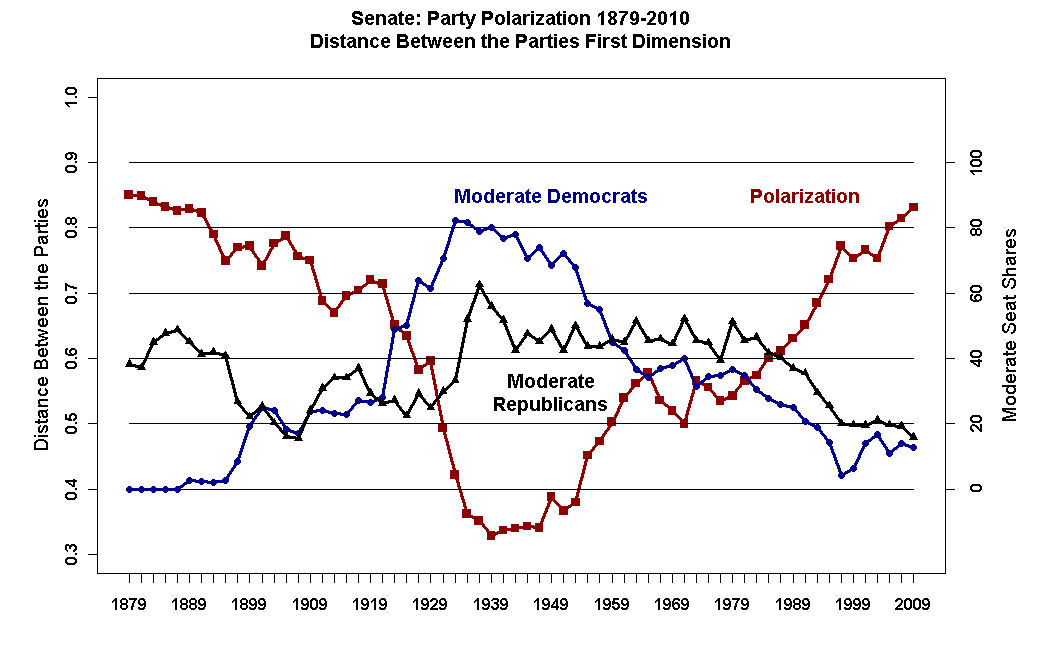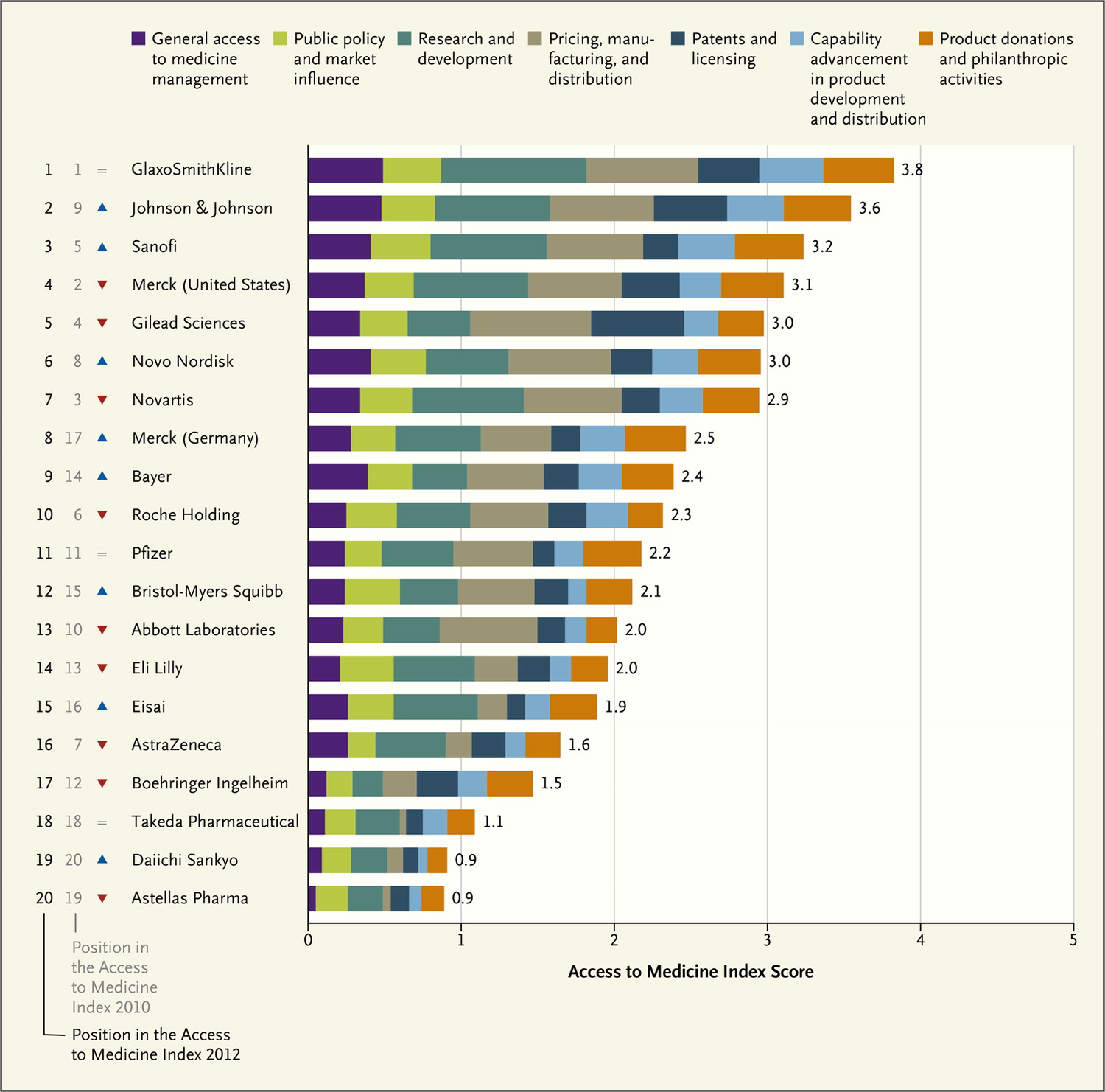And if that isn’t good enough?
End of topic!

Politics in the US is discouragingly partisan. National politics has become increasingly partisan since at least the late ’60s, when the passage of civil rights legislation influenced many conservative southern Democrats to join the Republican Party. Even state politics has become more partisan, where even famously nice people in Wisconsin have found themselves battling their neighbors across political divisions. Fortunately, most of life does not force us to confront our political differences, meaning we can go out to dinner with our family and friends, sharing space with other diners free from concern that we will be confronted with partisan rhetoric.
Until now.
According to a report on CNN Money, some restaurants in Florida are now making sure their patrons recognize the burdens being placed upon them by the Affordable Care Act. Here’s a copy of a receipt from one of these restaurants…(Read more and view comments at Forbes)
I recently reread a very informative New Yorker article by Ryan Lizza, called the Obama memos. I have assigned the article to my undergraduate health policy class, to help them understand the political climate surrounding the passage of The Affordable Care Act. And that climate was one of severe polarization, which cut against Obama’s naïve desire for a post-partisan presidency. Here is a quote from the article, that highlights this polarization:
According to the political scientists Keith T. Poole and Howard Rosenthal, who have devised a widely used system to measure the ideology of members of Congress, when Obama took office there was no ideological overlap between the two parties. In the House, the most conservative Democrat, Bobby Bright, of Alabama, was farther to the left than the most liberal Republican, Joseph Cao, of Louisiana. The same was true in the Senate, where the most conservative Democrat, Ben Nelson, of Nebraska, was farther to the left than the most liberal Republican, Olympia Snowe, of Maine.
And here is a picture that illustrates this level of polarization:

Not surprising that Obama’s politically moderate health reform plan has now been characterized by Republicans as a socialist government takeover of our healthcare system. The middle is a very difficult place for politicians to work in, these days, a fact that makes political moderates like me nostalgic for, of all things, the 1980s.
Minus the big hair and shoulder pads, of course.
Just came across an interesting way to try to motivate people to exert themselves: post calories-burned-counts on the stairs.

Would that work for you? For me, it would probably make me look down while walking up, only to trip, fall backwards, crack my head, all the while asking myself: “What the heck is a kcal anyway?”
This week, my good friend Reshma Jagsi and I published an article in the New England Journal of Medicine, in which we explain why physicians are doing their job, as physicians, when they pay attention to healthcare costs. Here is a snippet from that article, and a link to find the full version.
Health care costs are straining budgets throughout the developed world, threatening the fiscal solvency of governments, employers, and individuals. Many countries are trying to restrain health care spending through top-down approaches, such as price regulation and even refusal to reimburse for interventions that are not cost-effective. Still controversial is the role that physicians should play in controlling health care costs. For instance, the Choosing Wisely campaign of the American Board of Internal Medicine Foundation encourages physicians to avoid interventions that “may be unnecessary, and in some instances can cause harm,” but it does not ask physicians to contemplate trading off small clinical benefits for individual patients in order to promote more general societal welfare.
Yet concern for societal interests has long been recognized as part of physicians’ duties. Physicians’ specialized knowledge and skills result from publicly funded graduate medical education and the hands-on learning afforded to them by patients who allow trainees to participate in their care. In turn, physicians gain an obligation, as members of a uniquely privileged profession, to serve not only their individual patients but also society.
Consider the campaign launched by the Centers for Disease Control and Prevention to promote “antibiotic stewardship.” The campaign recognizes that aggressive use of antibiotics in patients who are unlikely to benefit from their use promotes the development of antibiotic resistance, a serious public health problem. Thus, a physician who believes that an individual patient has only a small chance of benefiting from an antibiotic might choose not to prescribe one, out of a desire to forestall resistance in the population at large. Such societal stewardship involves forgoing a small, or even uncertain, benefit for an individual patient in order to promote the health and well-being of the general population.

A new study asks Orthopedic surgeons to guess the price of the devices they implant – “the amount your institution currently pays the vendor for the implant.” Despite a lenient grading system, in which the researchers counted as correct any guess within 20% of the actual price, surgeons estimated costs correctly only 1 in 5 times.
When I first glanced at this study, I wasn’t sure of its importance. But then I learned that orthopedic surgeons can often choose among a wide variety of devices to perform specific operations. There isn’t just one company making one type of pin, for example, to hold together a fractured fibula. Surgeons can choose between high cost and low cost alternatives. In a rational market, surgeons would consider whether the advantages of the high cost devices are worth the added price, a price, it should be noted, that is eventually paid for through tax dollars or insurance premiums, and in some cases is born by the patient receiving the procedure….(Read more and view comments at Forbes)
 A very disturbing new study was just published, in which physicians viewed a video of a patient with back pain asking for OxyContin. Twenty percent of docs said they would prescribe that med under that circumstance:
A very disturbing new study was just published, in which physicians viewed a video of a patient with back pain asking for OxyContin. Twenty percent of docs said they would prescribe that med under that circumstance:
…Too often, doctors prescribe potentially dangerous medications to patients who shouldn’t be getting them, and what they prescribe is influenced by the pills patients ask for.
The study found that patient requests for certain medications — such as the powerful narcotic oxycodone — “substantially affected physician-prescribing decisions, despite the drawbacks of the requested medications.” The results suggested that even a gentle request from a patient could convince a doctor to prescribe potent, potentially dangerous narcotics — even when they’re not the best-practice treatment for the patient’s condition…(Read more about the study here)
Last fall, an article in the New England Journal presented a powerful picture of just how much effort different pharmaceutical companies make to give poor people access to their products. Here is the picture from that article:

The captains of industry are a competitive group of people, I am told. They like to see where they rank on list of the most wealthy people, and where their companies rank in profits and market share. If we promote this social responsibility index, perhaps they will feel competitive enough to try to move up its ranking!